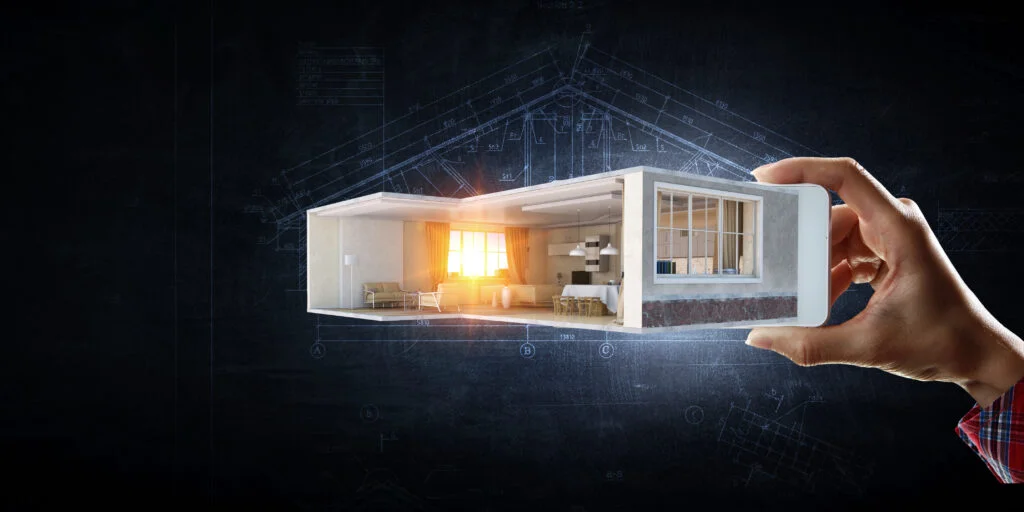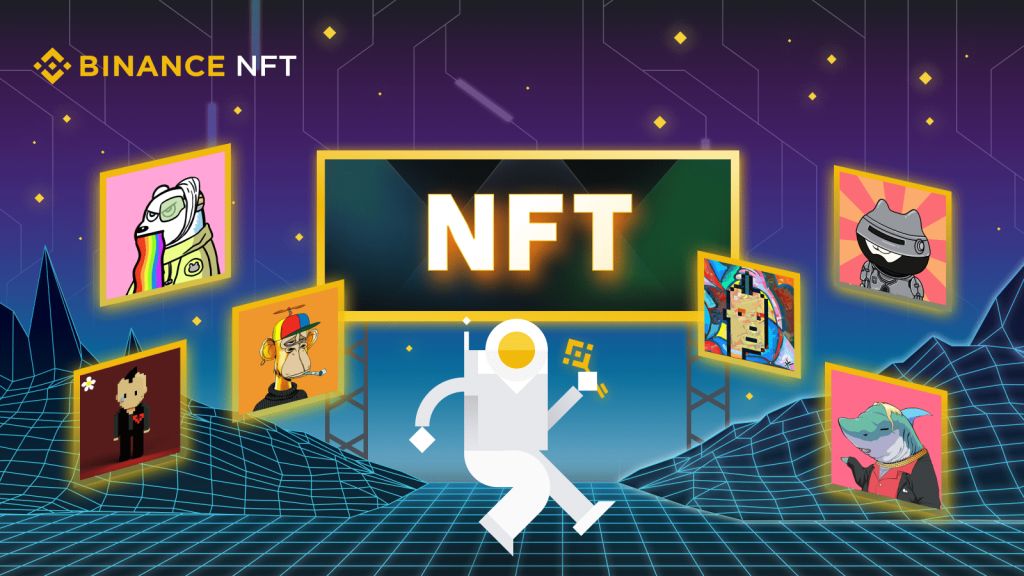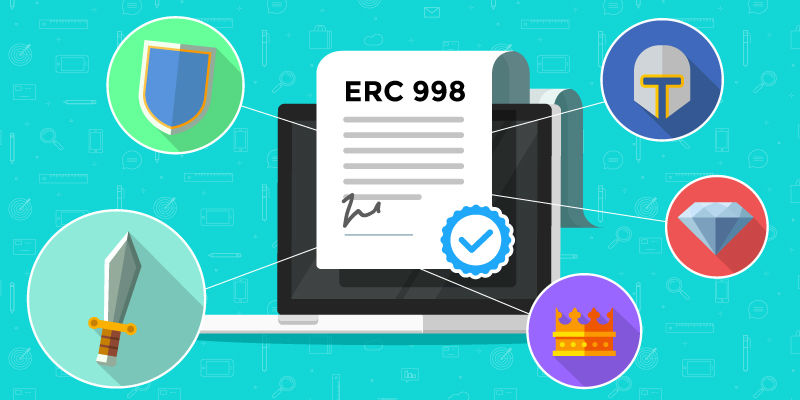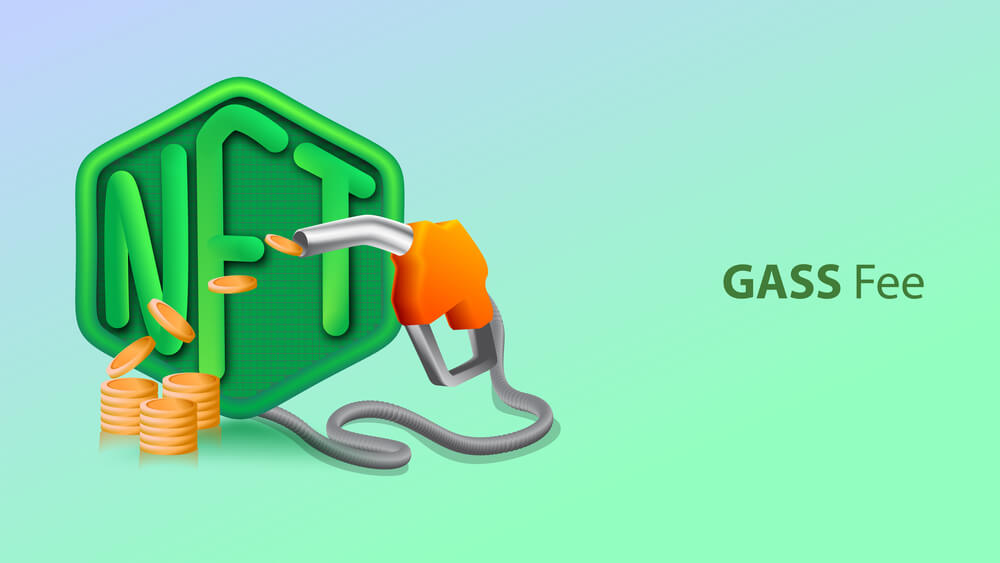Nonfungible tokens (NFTs) have gathered massive attention and are making a huge impact across different sectors. Notably, the real estate industry is also adopting the technological advancements of our time, with the advent of NFTs starting to shape how property deals are executed. Find out how this technology may impact the real estate industry, making it highly accessible and transparent in the future.
The Concept Of NFTs In Real Estate
Nonfungible tokens offer a distinct digital certification for property ownership. When it is applied to real estate, an NFT can represent a property, allowing ownership to get certified and transferred digitally. The result is a possible disruption in the traditional property transactions.
For example, a house in Atlanta was transformed into an NFT and got $214,882 within three minutes in March. The sale was executed via the joint effort of Roofstock and RealT, two tech startups that specialize in the real estate industry. Another example is the case of Krista Kim, the digital artist who sold her Toronto-based virtual house, called “Mars House,” as an NFT for more than $500,000.

Real-World Use Cases Of NFTs In Real Estate
In the world of real estate tokenization, blockchain technology can change real-world assets into virtual tokens, including everything from title policies and deeds to maintenance records and certificates of authenticity. The technology provides a distinct and innovative homeownership strategy, benefiting current and future clients.
One example is NFTitle, a platform that utilizes blockchain-agnostic technology that is hosted on the distributed web, offering a distinct experience to home ownership via the tokenization of real-world Assets. Over several years, NFTitle has integrated its technology into the United States and global title firms, supporting the minting of title policies, certificates of authenticity, deeds, maintenance records, receipts, and many other vital assets for prospective and current clients.
Also, TitleMint is another project that intends to amass a national archive of title insurance policies and is simplifying and speeding up the research process for possible homeowners.
Benefits And Shortcomings
NFTs are transforming the real estate space, boosting accessibility, and transparency, paving the way for property transactions and ownership strategies.
Nonfungible tokens offer many benefits to the real estate sector, including increased liquidity, the possibility of fractional ownership, and the democratization of property ownership. Nevertheless, they also come with their fair share of drawbacks, including technical hurdles, regulatory issues, and public perception.
The incorporation of NFT into the real estate industry provides many possible benefits. One of the biggest benefits is increased liquidity. By digitizing property into NFTs, real estate can be easily bought or sold, majorly reducing the traditionally long sales process.
Furthermore, the concept of democratization of property ownership comes into play. NFTs enable properties to be fractionalized, which means more users can invest in real estate without purchasing whole properties. The breakthrough can make the real estate market highly accessible to a bigger population.
Furthermore, enhanced transparency stands as an additional benefit associated with the utilization of NFTs in the realm of real estate. NFTs rely on blockchain technology, which establishes an unambiguous and immutable ledger of transactions. This characteristic holds the potential to eradicate instances of deceitful practices and conflicts concerning property ownership.
Nevertheless, NFT technology encounters obstacles. To begin with, substantial challenges arise from regulatory concerns. Given the novelty of NFTs and blockchain technology, the regulations governing their application in real estate remain nascent and exhibit significant disparities across various jurisdictions.

In addition, there are technical hurdles to contend with. Grasping and maneuvering through the intricacies of blockchain technology and NFTs might discourage individuals, necessitating a more user-friendly and universally comprehensible approach.
Establishing confidence in this novel real estate transaction method requires gradual development, particularly considering the inherent volatility and debates often linked to cryptocurrencies and digital assets.
Future Perspective
Nonfungible tokens might keep reshaping the real estate industry, considering their transformative potential. Their integration may yield a lot more efficient, securer, and transparent property transactions, together with the chance for fractional property ownership and easy access to the global real estate markets.
As technology continues to advance, we can foresee the emergence of increasingly intricate applications of NFTs in the realm of real estate. To illustrate, the integration of smart contracts, which are programmable agreements triggered upon the fulfillment of predetermined criteria, holds the potential to synergize with NFTs, automating diverse facets of the real estate transaction journey.
Another captivating aspect to consider for the future is the prospect of global reach. NFTs and blockchain technology possess the capability to facilitate swift cross-border transactions, granting individuals the opportunity to invest in properties across the globe devoid of customary geographical limitations.
The growth of augmented and virtual reality technologies also presents interesting possibilities for NFTs in the real estate market. For example, prospective buyers might tour properties virtually, with nonfungible tokens used to secure purchases in digital environments.
The Takeaway
As the integration of real estate and NFTs continues to evolve, the possibility for a radical shift in traditional property transactions is becoming clear. NFTs bring in promises of boosted liquidity, transparent processes, and more inclusive ownership.
Amid forthcoming challenges in regulations and technology, the alluring potential and exciting prospects pave a promising way forward. Observing this evolution, NFTs might not only redefine real estate norms but also ignite fresh industry innovations.
It will be interesting to see how NFTs continue to change traditional real estate norms and what other advancements they might spur in the industry.





